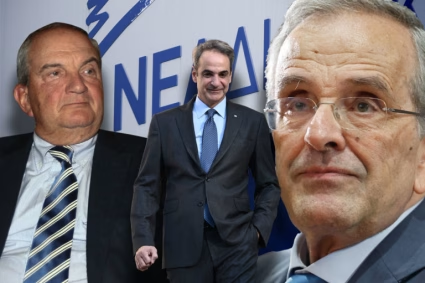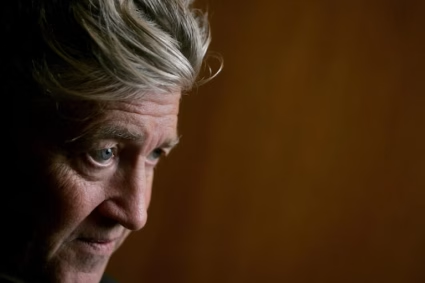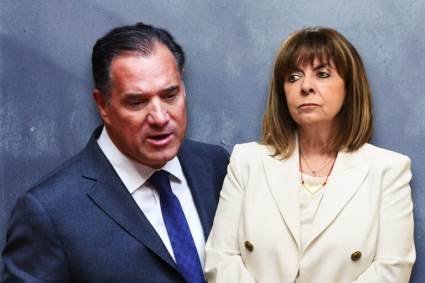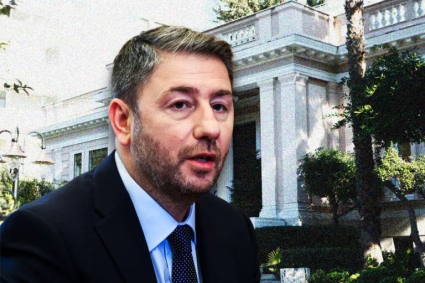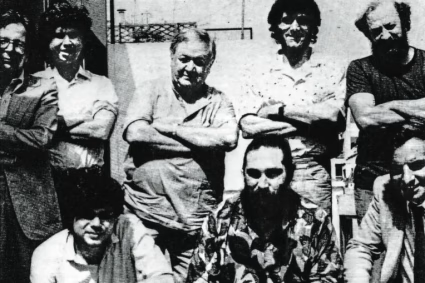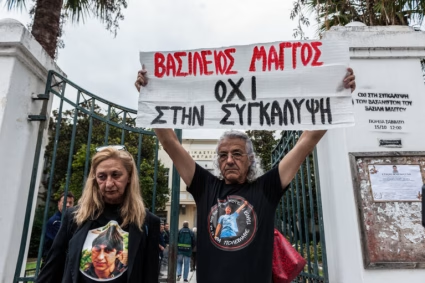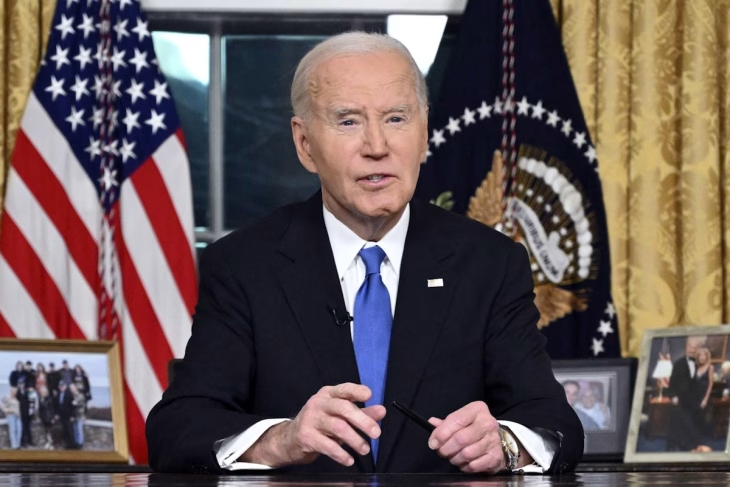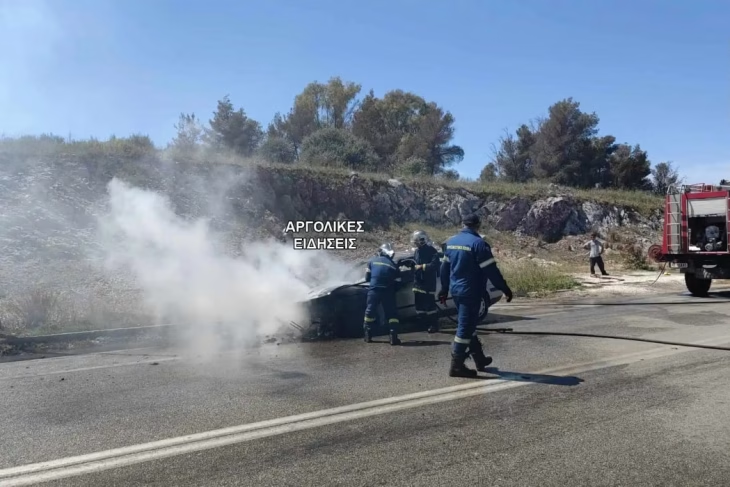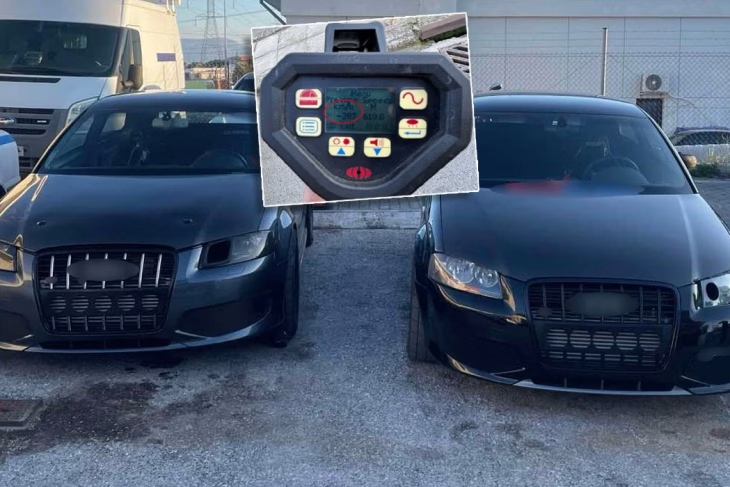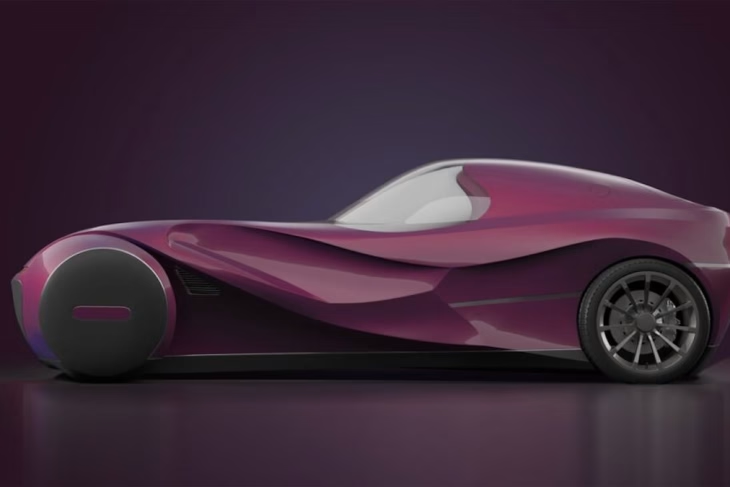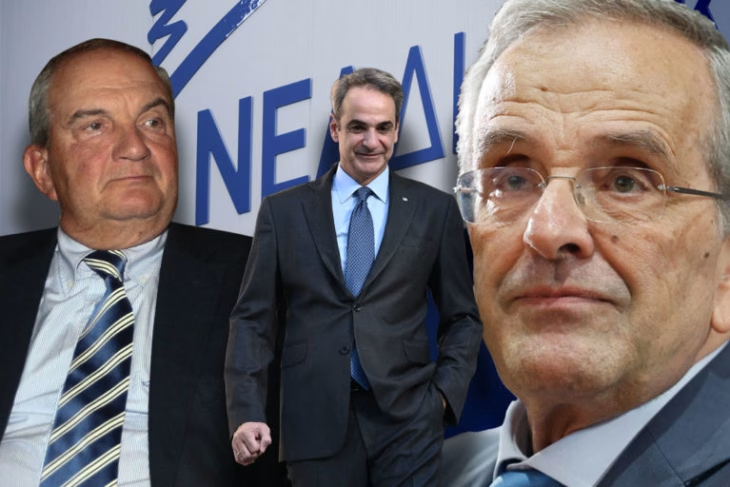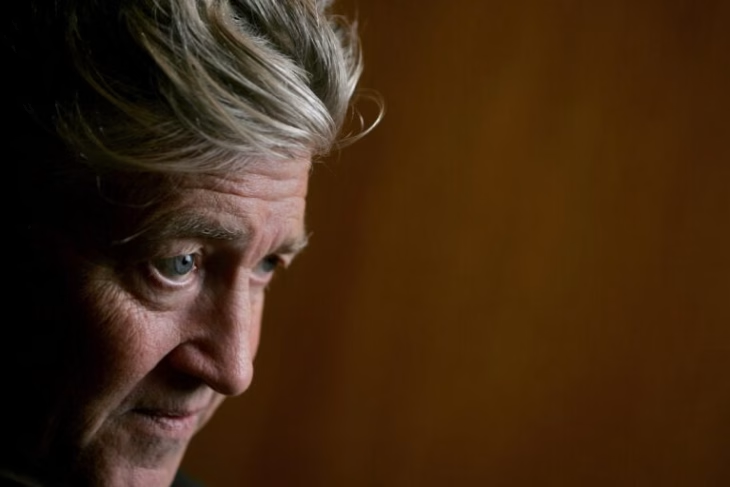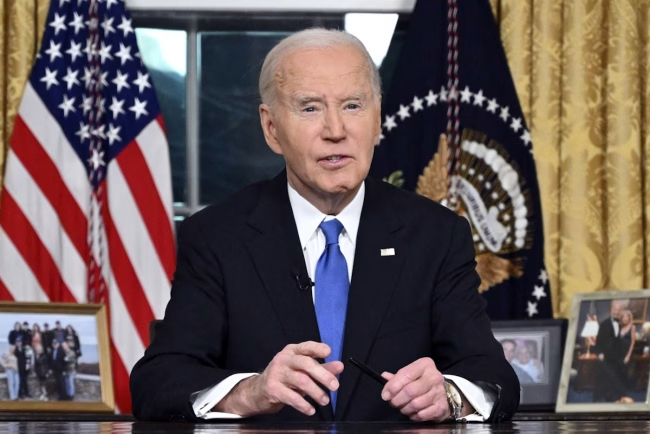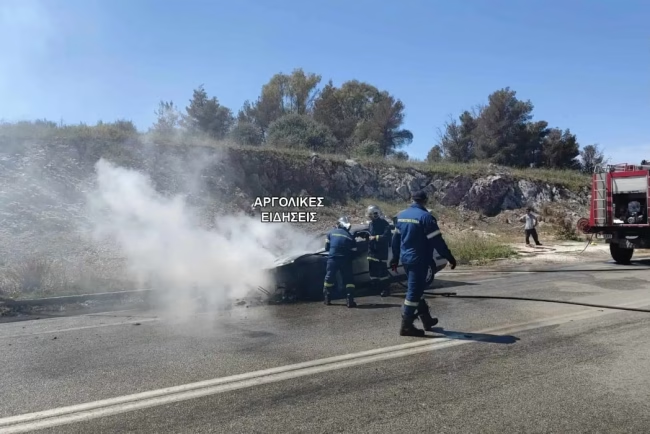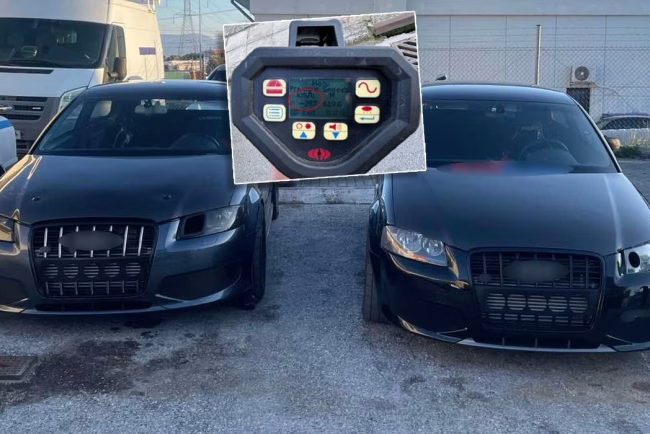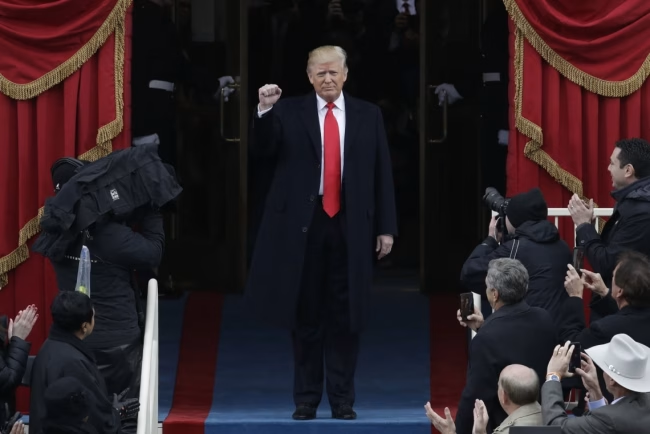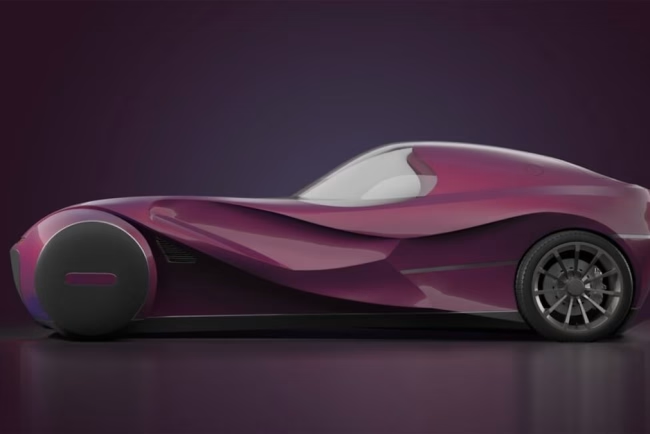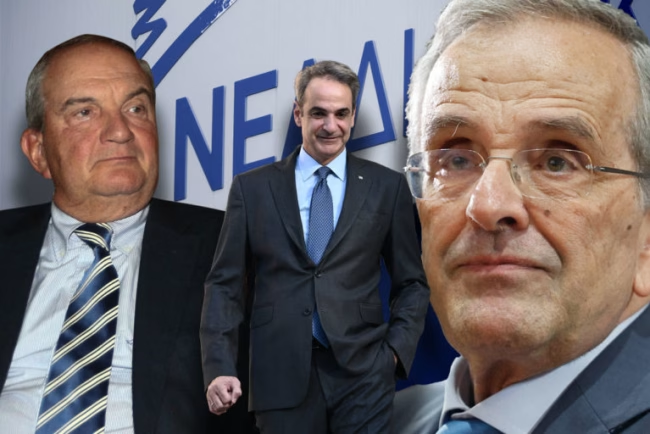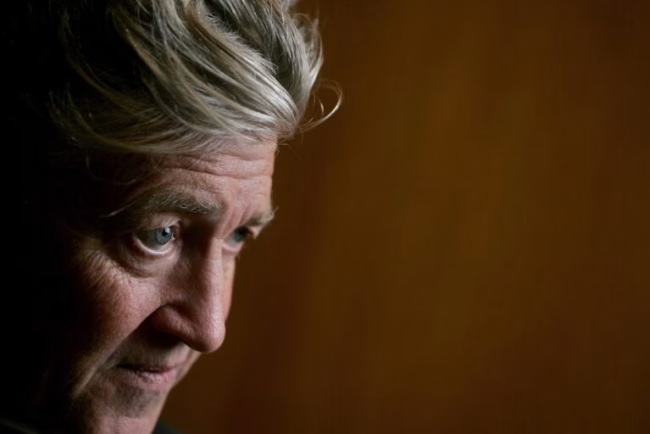Candidates vying to become Romania’s next president faced off in a three-hour TV debate Monday evening, clashing on everything from the future of the conflict in neighboring Ukraine to gay couples’ rights and their country’s place in the European Union.
Citizens of the Eastern European country, part of NATO’s Eastern flank and a staunch Western ally, head to the polls this Sunday to elect a new president as the outgoing center-right incumbent Klaus Iohannis ends his second term and a decade in office. More than a dozen candidates are running to replace him.
The results of the presidential election, which is expected to go to a runoff on Dec. 8, and of the parliamentary election sandwiched in between, could determine whether Romania continues to support Ukraine’s fight against Russia or backs a cease-fire that would see Kyiv cede territory.
Here are four takeaways from the debate.
1. High-profile no-shows give far-right a boost
While the debate was billed as a blockbuster, several high-profile no-shows undermined its impact.
Romania’s Prime Minister and Social-Democrat leader Marcel Ciolacu, the pollsters’ favorite to win the presidency, skipped the debate to meet with NATO Secretary-General Mark Rutte in Brussels. Former center-right Prime Minister Nicolae Ciucă, who leads the Romanian Senate and has been part of a governing coalition with Ciolacu’s party, chose a catch-up with Austria’s Chancellor Karl Nehammer over a face-off with his opponents in the race.
Their absence left the door open for attacks against them — and delivered increased airtime for far-right candidate George Simion.
2. Candidates see Ukraine ceding territory in exchange for peace and security
Most of the candidates in the debate backed a plan by U.S. President-elect Donald Trump to negotiate peace in Ukraine, saying they didn’t believe that was possible without Kyiv ceding some land to Russia.
“It’s obvious that Ukraine doesn’t have resources to get back all the lost territory. Crimea is almost impossible to get back, and Donbas is already Russianized,” said Mircea Geoană, a former NATO deputy secretary-general, who is running as an independent.
In exchange for giving up land, Ukraine should keep its sovereignty and remain pro-Western, Geoană said.
Simion, who leads the far-right Alliance for the Union of Romanians, said he would tell Trump that it’s time for peace and he should consider allowing Ukraine to join NATO.
He vowed to keep Romania out of any wars if elected president. He then raised a Bible and challenged his rivals to use it to vow they would respect Romanians’ right to peace and calm. None did.
Elena Lasconi from the Save Romania Union was the only candidate who opposed the idea of Ukraine giving up land, saying doing so would embolden Russian President Vladimir Putin.
“If Ukraine cedes territory Putin won’t stop,” she said. “We need to help Ukraine win this war.”
3. Everyone is pro-EU
Simion has been portrayed by some rivals as a pro-Russian, anti-EU candidate. He rejected that characterization in Monday’s debate, saying he’s never supported the idea of Romania leaving the EU and accusing Geoană of lying when the latter brought it up.
“My option is Euro-realism,” Simion said, adding that he supported a Europe of nations, like the European Conservatives and Reformists group that his party is a member of.
But he said he values Romania’s sovereignty and doesn’t want it to adopt the single euro currency.
Lasconi, currently the mayor of a small town a few hours from Romania’s capital Bucharest, touted her ability to secure EU funds during her mandate. Geoană slammed the current government for not getting any EU cohesion funding, which fuels regional development and supports Europe’s poorest areas, over the last three years.
4. Gay marriage still a no-go in Romania
None of the candidates came out in support of legalizing gay marriage, with some using the debate to restate that it should remain an option only for one man and one woman.
The European Court of Human Rights ruled last year that Romania failed to uphold same-sex couples’ rights by not recognizing their relationships.
Most candidates did back some form of civil partnership for gay couples to ensure they have the same rights as their heterosexual counterparts when it comes to inheritance or hospital visits.
Simion said he didn’t think a civil partnership was even necessary.
“I believe we can find legal solutions without inventing a replacement for marriage, which is the basis of society,” the far-right politician said.
Lasconi was the only candidate to fully embrace the need for civil partnerships, saying a democracy must protect its minorities. That declaration led to a clash with Kelemen Hunor, the candidate of the Hungarian minority party.
“Don’t confuse ethnic minorities with sexual minorities,” Kelemen told Lasconi.
“They’re also minorities,” Lasconi responded.
“No, no, don’t confuse them,” Kelemen said.

